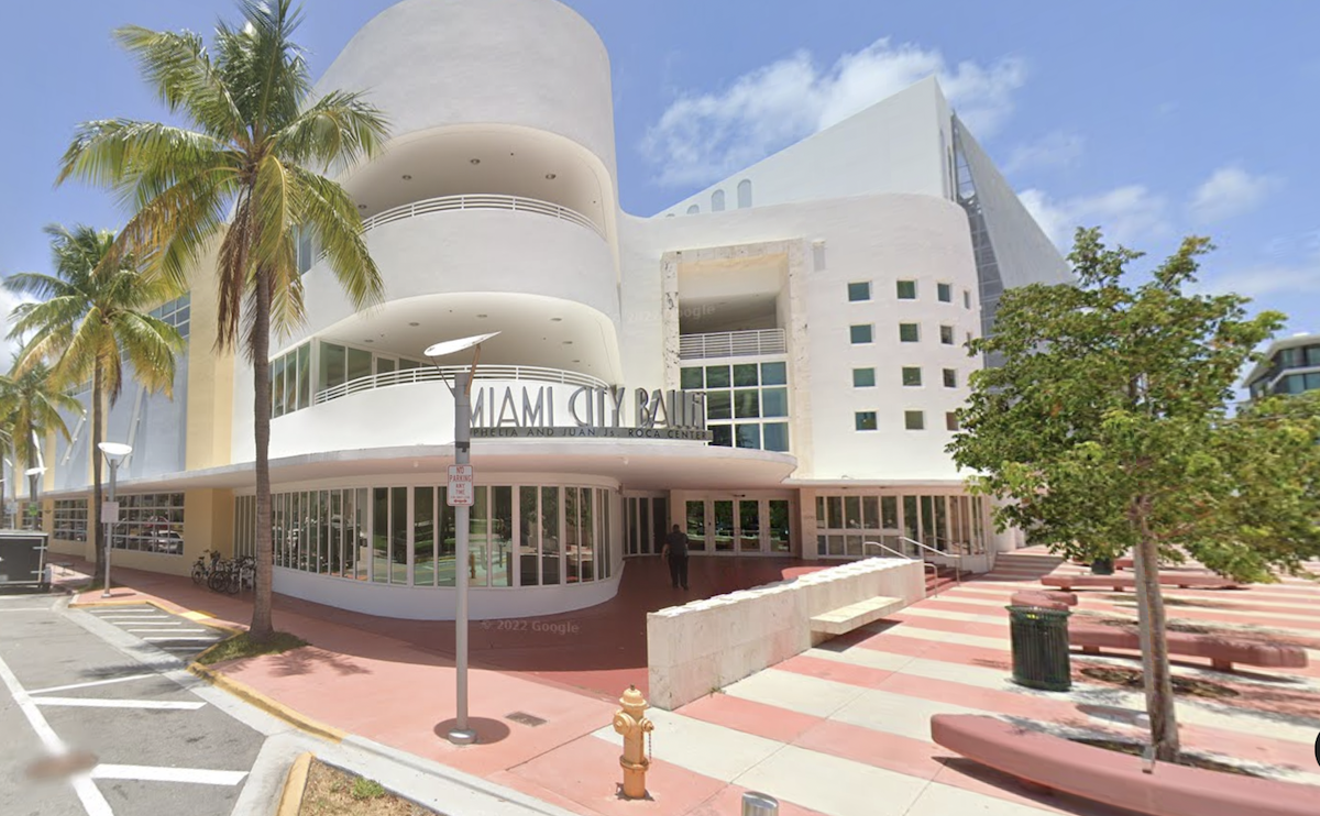The Centers for Disease Control and Prevention has also issued a travel warning advising pregnant women to avoid Miami Beach.
Speaking at the Miami-Dade County Health Department headquarters, Scott said the cases had been transmitted in a 1.5-square-mile area stretching from Eighth to 28th Street, from the beach to the I
#Breaking: Gov. Rick Scott announces 5 locally transmitted cases of #Zika; New zone in South Beach announced. pic.twitter.com/SY8grhr4rN
— Joey Flechas (@joeflech) August 19, 2016
During the conference, reporters accused Scott of muzzling doctors who wanted to speak to the public and of potentially downplaying the threat Zika posed to the city.
In a bizarre move, Scott then repeatedly refused to tell reporters when the first local transmission in Miami Beach had actually occurred and declined to tell the public how long the state had been aware cases were being transmitted in Miami Beach.
"It's a straightforward question," one reporter shouted at him.
The Zika confirmations come after a day of confusion.
By late afternoon Thursday, the New York Times, the Miami Herald, and Stat News, a health-news startup, had all quoted anonymous "health officials" who confirmed that "local transmission" had been occurring in the city. The Times had reported that, as of late Thursday, officials at the CDC were actively redrawing the "active transmission zone" map around larger portions of Miami-Dade. Scott's office had announced two "locally transmitted" cases but declined to say where the patients had caught the virus.
New Times also spoke to a senior Miami Beach official who confirmed the Herald's report yesterday. That official said the Florida Department of Health had been set to announce the new transmission zone late yesterday afternoon.
But the mountain of evidence pointing to a Zika outbreak apparently did not sway Mayor Levine, who stood in front of TV cameras last night to blast the media for sensationalizing the outbreak. He repeatedly noted that active transmissions were not "confirmed" yet, and the city government accused reporters of spreading "misinformation" about the outbreak.
. @MayorLevine addressed media this evening to discuss the misinformation being reported about Zika in Miami Beach pic.twitter.com/aYvf3dqowh
— City of Miami Beach (@MiamiBeachNews) August 19, 2016
.@MayorLevine tells reporters "There is no epidemic, no outbreak of Zika in Miami Beach." pic.twitter.com/f6ep81lw2Q
— Joey Flechas (@joeflech) August 19, 2016
@jamieNBC6 @nytimes @nbc6 We could not confirm last night only possible "link."
— Mayor Philip Levine (@MayorLevine) August 19, 2016
Clearly, Miami Beach officials are concerned about Zika's threat to the city's bottom line. Virtually all of Miami Beach's economy (and, by proxy, the South Florida economy) rides on tourism and time spent outdoors in the sun. After the CDC announced a zone of "active transmission" in Wynwood earlier this summer, tourism took a temporary nosedive, though it has seemingly rebounded in the weeks since.@HealthyFla concluded their #Zika investigation THIS AM. #MiamiBeach continues efforts against Zika @MiamiBeachNews
— Mayor Philip Levine (@MayorLevine) August 19, 2016
In perhaps the most flabbergasting statement of all, Scott stressed that Zika transmissions were confined to two "small areas" in Miami, ignoring the fact that Miami Beach and Wynwood are the two most visited tourist areas in the county — and possibly all of South Florida.
#JUST #IN Pregnant women advised to avoid travel in #MiamiBeach where #Zika transmission is confirmed, per @CDCgov: pic.twitter.com/himqb6V1MZ
— Carlos Suarez (@CarlosWPLG) August 19, 2016
Update 5:30 p.m.: At his follow-up press conference, Levine claimed he did not find out about the outbreak until Scott's press conference earlier today. That would seem to suggest a disturbing lack of communication between city and state officials during a public health crisis.
Here's a clip of Levine's 5 p.m. speech today, via WSVN:
"We're doing everything we can to make sure this city is safe for residents & tourists" @MayorLevine on #Zika cases https://t.co/VkN83UZmEz
— WSVN 7 News (@wsvn) August 19, 2016











